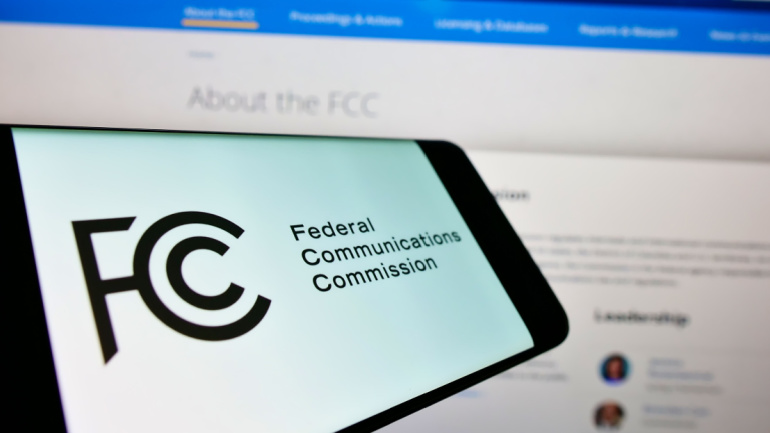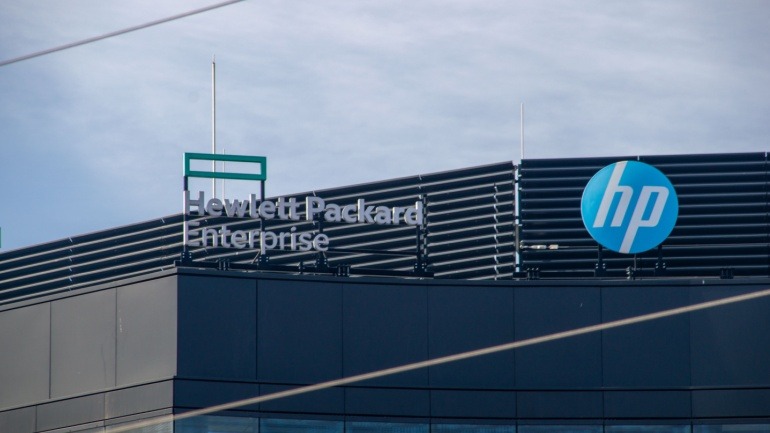The Federal Communications Commission (FCC) is due to slowly dismantle the Affordable Connectivity Program (ACP) unless further funds are procured. Launching in December 2021 under the Bipartisan Infrastructure Law, the ACP initially commanded a budget of $14.2 billion. Approximately 23 million American households were able to leverage monthly discounts of $30 towards their internet services, or a $75 discount for qualified households located in tribal lands, courtesy of the ACP.
The imminent defunding of the program represents an alarming prospect. Not only will any potential new households be stripped of the prospect of receiving future assistance, but also the current beneficiaries risk being disconnected. Of the budget issue, FCC Chairwoman Jessica Rosenworcel has expressed concern that the historical $42.5 billion Broadband Equity, Access, and Deployment Program (BEAD) stands to lose its ground.
Rosenworcel highlights in her recent correspondence that “the Administration requested an additional $6 billion to extend the ACP as part of its domestic supplemental funding request to Congress, which, alongside program changes, would extend the program through the end of calendar year 2024.”
However, Rosenworcel is far from being the sole advocate for the sustainability of this venture. In November, 26 US governors penned a letter emphasizing the program’s significance to congressional leaders, stating: “There is broad agreement across the political spectrum that affordable high-speed internet is a necessity in today’s world, whether it’s for education, work, or health care.”







